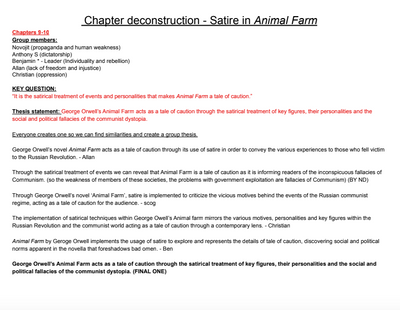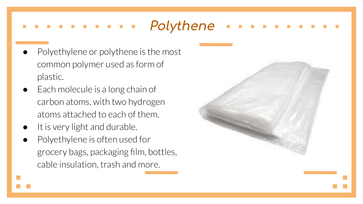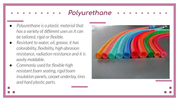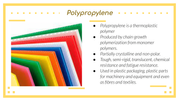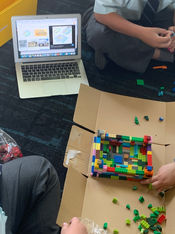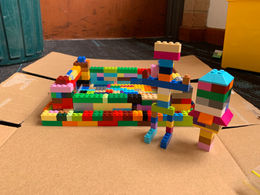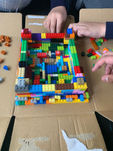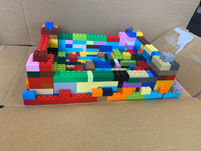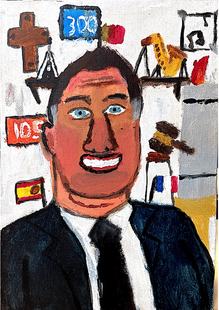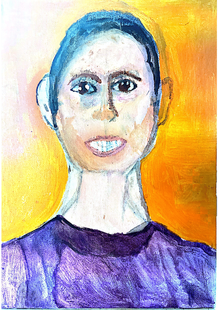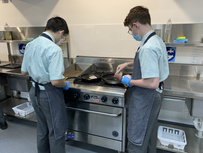
Newman Subjects
Religion
Students are invited into a deeper and more intimate relationship with God through their exploration of the Scriptures, their participation in personal and communal prayer and their living out of Catholic social and moral teachings. In response to Jesus’ great commandment of love, the Secondary Religious Education Curriculum provides opportunities for young people to ‘See, Judge and Act’, mindful that Jesus came that everyone might have “life in all its fullness.”
English
Through the study of English students learn about the power, value and art of the English language for communication, learning and enjoyment. Developing proficiency in English enables students to become confident communicators, critical and imaginative thinkers and lifelong learners. Students develop their language skills through activities involving speaking and listening, reading and writing, and viewing and representing. They learn about language and literature through working with a wide range of print, spoken, visual, media, multimedia and digital texts.
Mathematics
Mathematics provides students with the opportunity to develop their knowledge, understanding and skills in mathematics and working mathematically. Students have the opportunity to develop increasingly sophisticated and refined mathematical understanding, fluency, communication, reasoning, analytical thought and problem-solving skills. These capabilities enable students to respond to familiar and unfamiliar situations by employing strategies to make informed decisions and solve problems relevant to their present and future needs.
Science
Through the study of Science students learn about our biological, chemical, geological, physical and technological world. They actively develop skills in planning and conducting investigations, recording and analysing data, and problem-solving. Students explore real-world phenomena and develop solutions to authentic problems.
HSIE
Human Society and its Environment is the study of how humans interact with the world, how society operates and how it is changing. Through the study of HSIE, students develop the skills to prepare them to actively and responsibly participate as informed citizens in the contemporary world.
PDHPE
Through the study of Personal Development, Health and Physical Education courses, students develop the knowledge, understanding, skills and attitudes needed to take action to protect and enhance their own and others’ health, safety and wellbeing in varied and changing contexts. Physical education is fundamental to the acquisition of movement skills and concepts to enable students to participate in a range of physical activities – confidently, competently and creatively.
Music
Study in the Creative Arts provides students with strong discipline based knowledge and the fundamental skills, creative expertise, learning mindset and critical capabilities for the future world of work. Creative Arts students experience and develop the complex skills required to create and test ideas, generate creative works with confidence, shape inquiry and critically evaluate and reflect on what they do. Study in the Creative Arts prepares students to be significant producers and informed consumers of culture.
Visual Arts
Study in the Creative Arts provides students with strong discipline based knowledge and the fundamental skills, creative expertise, learning mindset and critical capabilities for the future world of work. Creative Arts students experience and develop the complex skills required to create and test ideas, generate creative works with confidence, shape inquiry and critically evaluate and reflect on what they do. Study in the Creative Arts prepares students to be significant producers and informed consumers of culture.
Technology
Through the study of technology courses, students engage in a diverse range of practical experiences and develop knowledge and understanding of contemporary and advancing technologies. They develop solutions to identified problems and situations, and explore the impact of technologies on the individual, society and the environment.
Languages
Learning languages opens minds to differences where diversity is seen as a regular part of society. Proficiency in languages provides a resource that encourages more effective engagement with the global community. The study of Languages strengthens essential foundational skills for literacy. It also fosters intellectual and emotional development, and cultural understanding. Through learning languages, students reflect on their own heritage, culture and identity. They also reflect on the culture, beliefs and values of others through language learning.
































